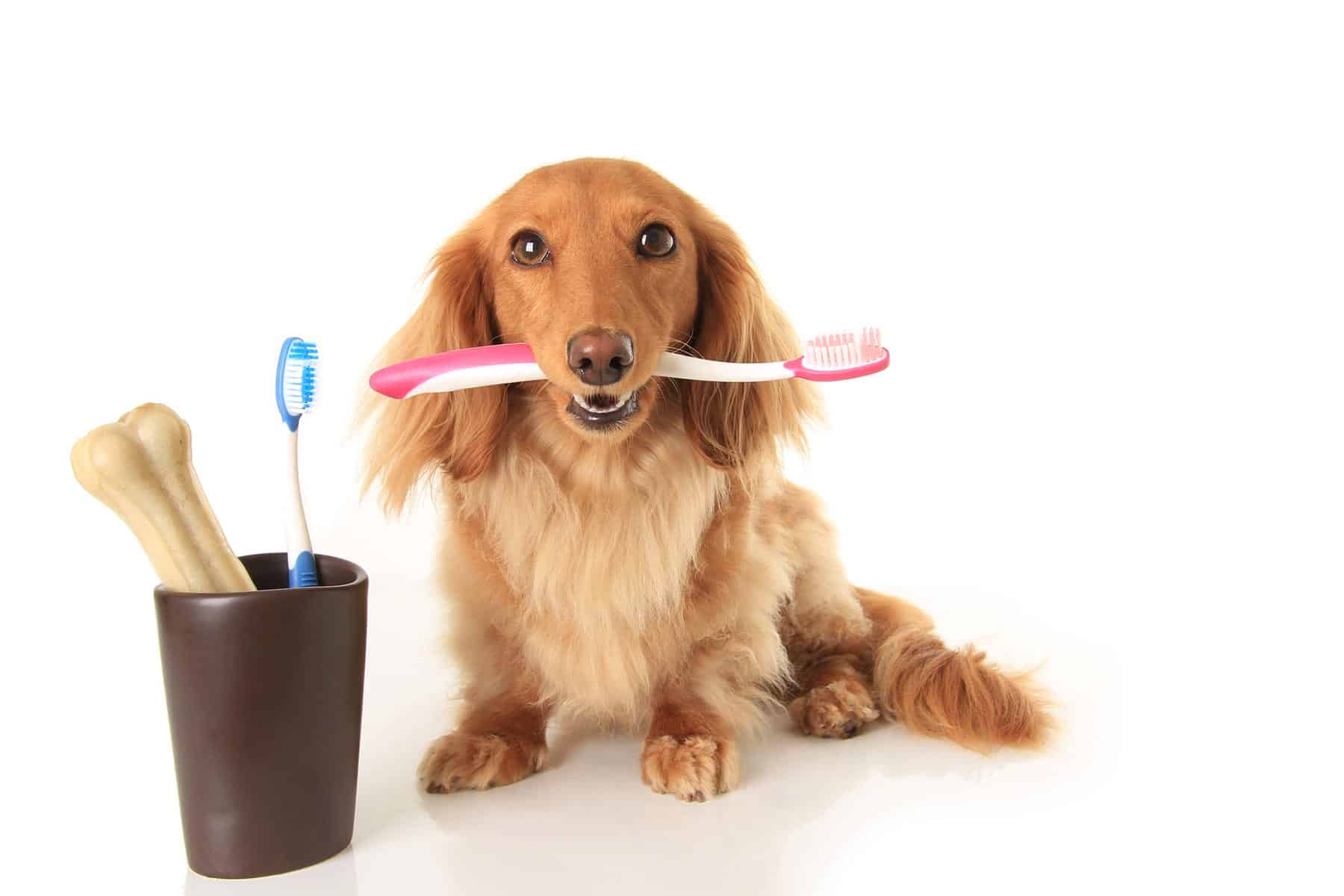Dental Care
Dental disease is a common and serious disease affecting dogs, cats, rabbits and rodents. Long standing dental problems can cause severe damage to the heart, kidney and other organs. If your pet is having difficulty eating, has smelly breath or the teeth aren’t shiny and white, call in for a dental check-up. Dental problems can be solved by a range of therapies including diet, or teeth cleaning and dentistry under general anaesthetic.
Let us check your pet’s teeth
Your vet will automatically check the state of your dog’s oral care, and this is usually done on an annual basis. If their teeth are in terrible condition – perhaps you have a rescue who has never had a good diet, exercise or been loved and looked after – your vet may recommend a cleaning under anaesthesia. Most times, hopefully, your vet will tell you that your pet’s teeth are amazing and you don’t have to worry till next year.
Signs your pet needs a dental check up
If your pet is showing any of the following signs, you may want to book a dental veterinary appointment:-
- Bad breath.
- Broken or discoloured teeth.
- Bleeding or swelling in the mouth.
- Irritability.
Is your pet struggling to eat?
Also, if your pet is having trouble eating their food, struggling to chew their food, is dribbling a lot, or has no appetite, book an appointment. They may well be sick, and your vet will find out and treat them, but it may also be a dental issue.
In extreme cases, your animal may require x-rays, an evaluation under anaesthesia and extractions. Think of what your dentist may have done for you in the past. It’s not that different in an animal.
Brushing your pet’s teeth should be routine
At home you can brush your pet’s teeth, daily or weekly, or as your dog allows. Sometimes, prevention is better than cure, and in the same way you vaccinate your pets, brush their teeth too. And get them their six monthly or annual check ups.

